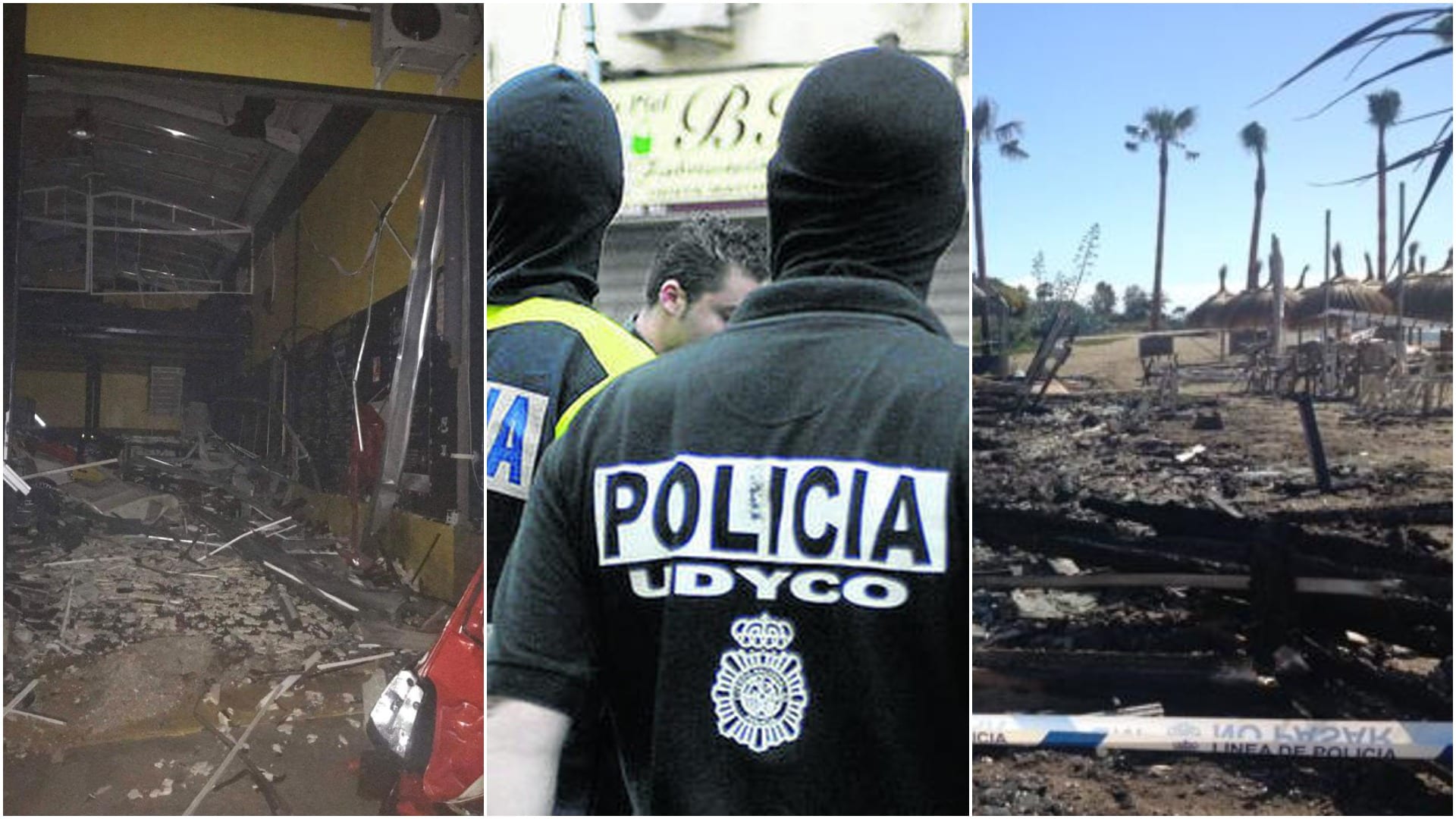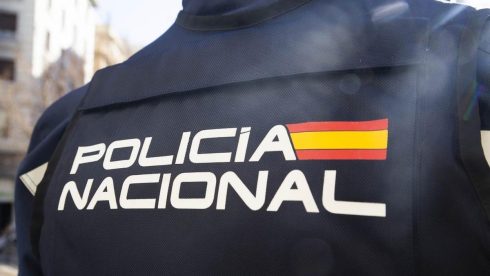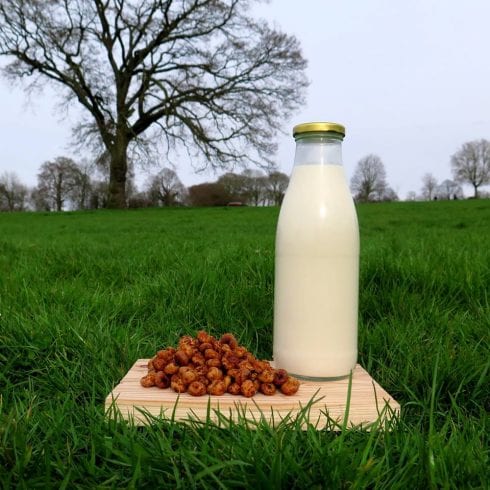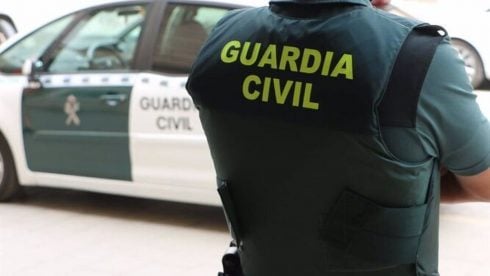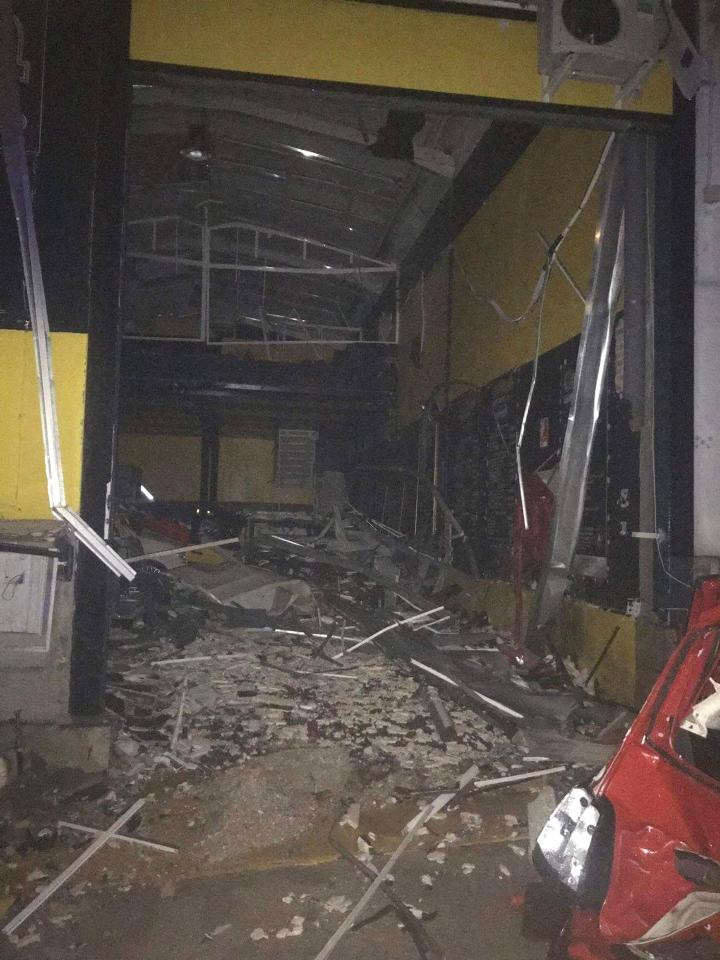
THE Udyco-Costa del Sol isn’t a body you hear much about.
Working in the shadows, the Unit against Drugs and Organised Crime for Malaga province has has been instrumental in bringing down a host of drug traffickers and their counterparts this year.
In fact the body, which carries out intelligence including phone hacking and the analysis of bank accounts, has had a record year, with more than 500 arrested and double the amount of drugs seized compared to last year.
In 2017 the unit helped seize 24 tonnes of drugs in Malaga, this year so far that has soared past 40 tonnes.
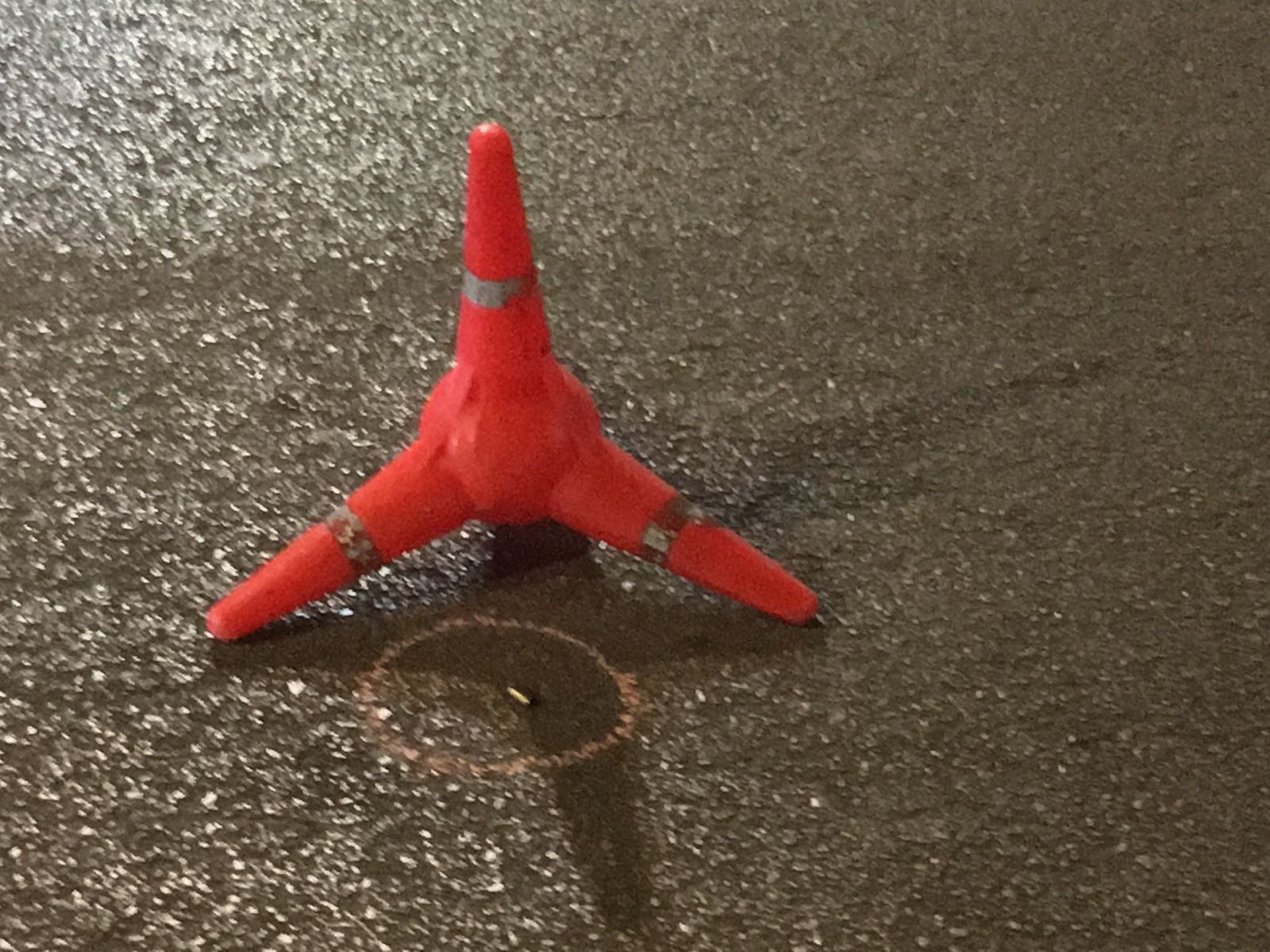
Of this year’s haul, 30 tonnes were hashish, 10 tonnes cocaine and the rest made up by marijuana plants, heroin and other narcotics.
Udyco has cost the illegal drug trafficking economy €100 million in 2018 by disrupting the network with its raids and arrests.
But despite being the best year ‘in a long time’ – with some 500 arrests – Chief Inspector Antonio Rodriguez Puertas told the Sur there is still a lot of work to be done as the activity of drug gangs is increasing.
It comes after a ‘particularly violent’ year which saw around 25 assassinations or settling of accounts in Malaga province alone.
At least 60 criminal gangs have been dismantled, with Spanish, Moroccan, Dutch, English and French the most predominate operators on the coast.

But what has been most surprising this year has been the arrival of mafia from the Nordic countries – and every year gangs are joining forces.
“We constantly find ourselves with more transnational organisations, meaning members from up to three or four different countries,” says Puertas, who reveals that 33% of such groups in Spain are based in Malaga province.
For Udyco, it was a ‘peculiar’ year, as it had to deal with its first cases of ‘narco-terrorism’ following two bomb explosions in San Pedro de Alcantara and Benahavis, followed by another device which had to be detonated by cops in Marbella.
The reasons behind the surge in violence and activity are numerous, according to Chief Inspector Puertas.
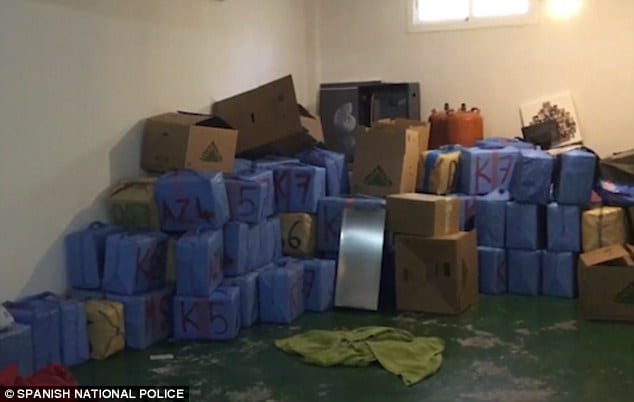
Police pressure
One reason, he suggested, may be due to the increased arrests and seizures made by police this year.
This can cause paranoia and fury among drug bosses, who may fear a leak in the organisation, meaning blood will have to be paid.
Additionally if the shipment goes wrong, i.e. it is intercepted, those responsible for the failure will likely face repercussions.
Power struggles
Often, hits carried out by cartels or gangs are related to turf wars back home.
If two Irish gangs are battling for control of an area or are in a violent feud – like the Hutch-Kinahan gangs – hits can be carried out in Spain where they are based.
But according to Olive Press sources, it is the winding down of Irish activity on the coast which has seen an increase in violence.
The Irish mafia has suffered from a continued Garda-Spain crackdown in recent years, causing them to focus more on the Middle East and other markets.
It is believed to have left somewhat of a power vacuum in southern Spain, leading to increased competition from English, Spanish, Swedish and other mafias who have tried to fill the void.
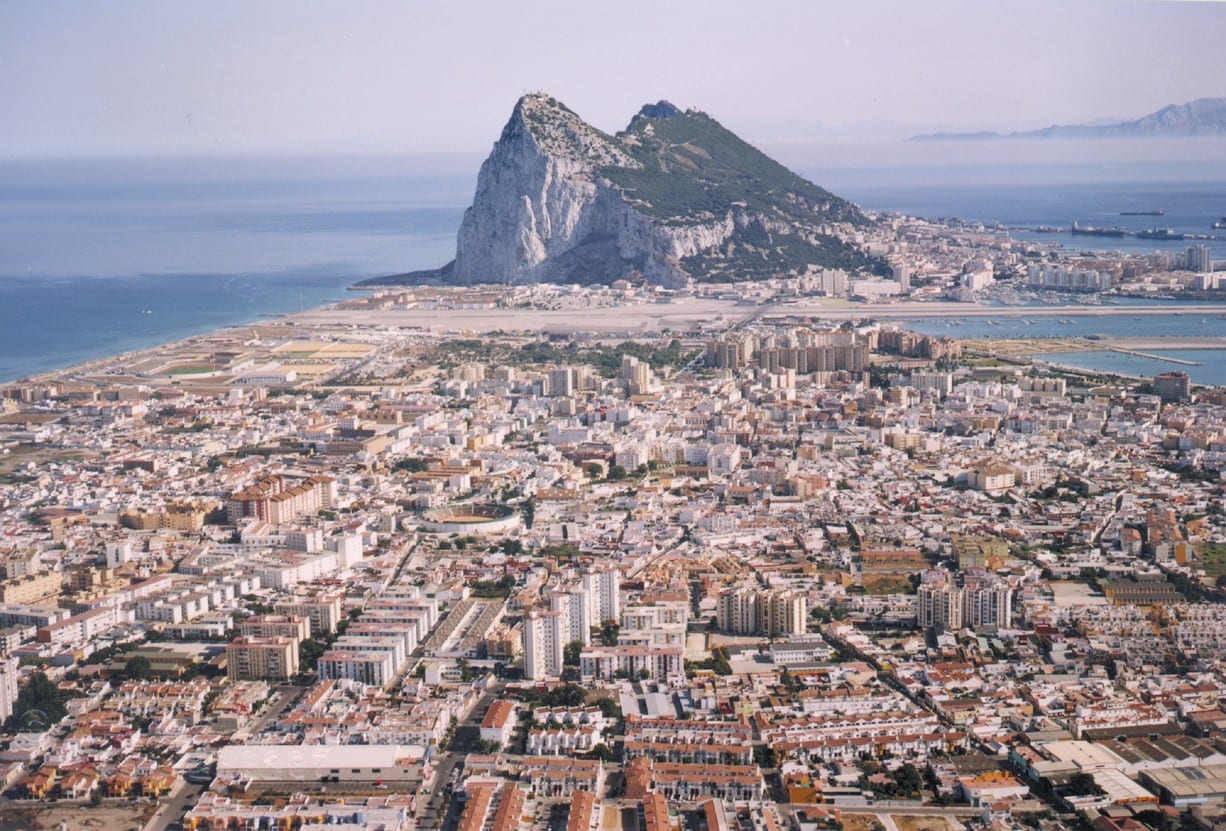
Campo crackdown
The Campo de Gibraltar has long been a hotbed for criminal activity and a reliable hideout for drug traffickers.
This has somewhat changed over the past couple of years with the Government in Madrid sending hundreds of extra Guardia Civil officers to the region in a bid to crackdown on the rise in mafia activity.
Most recently it announced a €1 billion investment plan into the region in a bid to create a business hub and eliminate organised crime.
It has meant the drug-related activity usually resigned to the likes of Algeciras and San Roque or La Linea has now spilled over to the Costa del Sol, with safe houses, shipments and assassinations all popping up in the likes of Estepona and Marbella.
‘Rollovers’
According to the Chief Inspector, however, the biggest cause of this year’s violent nature has been the ‘rollovers’.
This is when drug traffickers steal shipments or hauls from another gang or refuse to pay for the goods.
“At least 70% of the settling of accounts this year are related, in one way or another, to the theft or non-payment of merchandise,” explains Puertas.
The Chief Inspector had a message for the so-called ‘narcos’: “Work is being done with much intensity and, sooner or later, all those cases will be answered.
“Your destination will be jail. The coast is not and will not be a pleasant area for the establishment of these organisations.”

